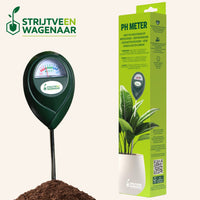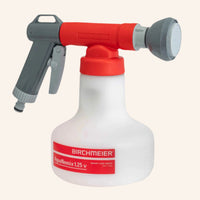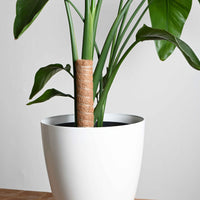What are nematodes?
Nematodes, also known as nematodes, are microscopic worms that live in the soil. They are known as the natural enemies of many harmful insects, including snails, grubs and vine weevil larvae. Each type of nematode is specialized in controlling specific pests, allowing you to control a pest effectively and effectively without disrupting the ecosystem. These small organisms are harmless to humans, pets and beneficial insects, making them an ideal choice for biological pest control.
How do nematodes work?
Nematodes work in a clever and efficient way. Once they come into contact with their prey, they enter the body through openings such as the mouth or skin. Once inside, they secrete bacteria that are deadly to the host. The pest insect quickly dies, after which the nematodes continue to multiply and explore the environment for new prey. The great thing about nematodes is that they regulate themselves: once the pest is eradicated, the surplus nematodes also die, maintaining a natural balance in your garden.















